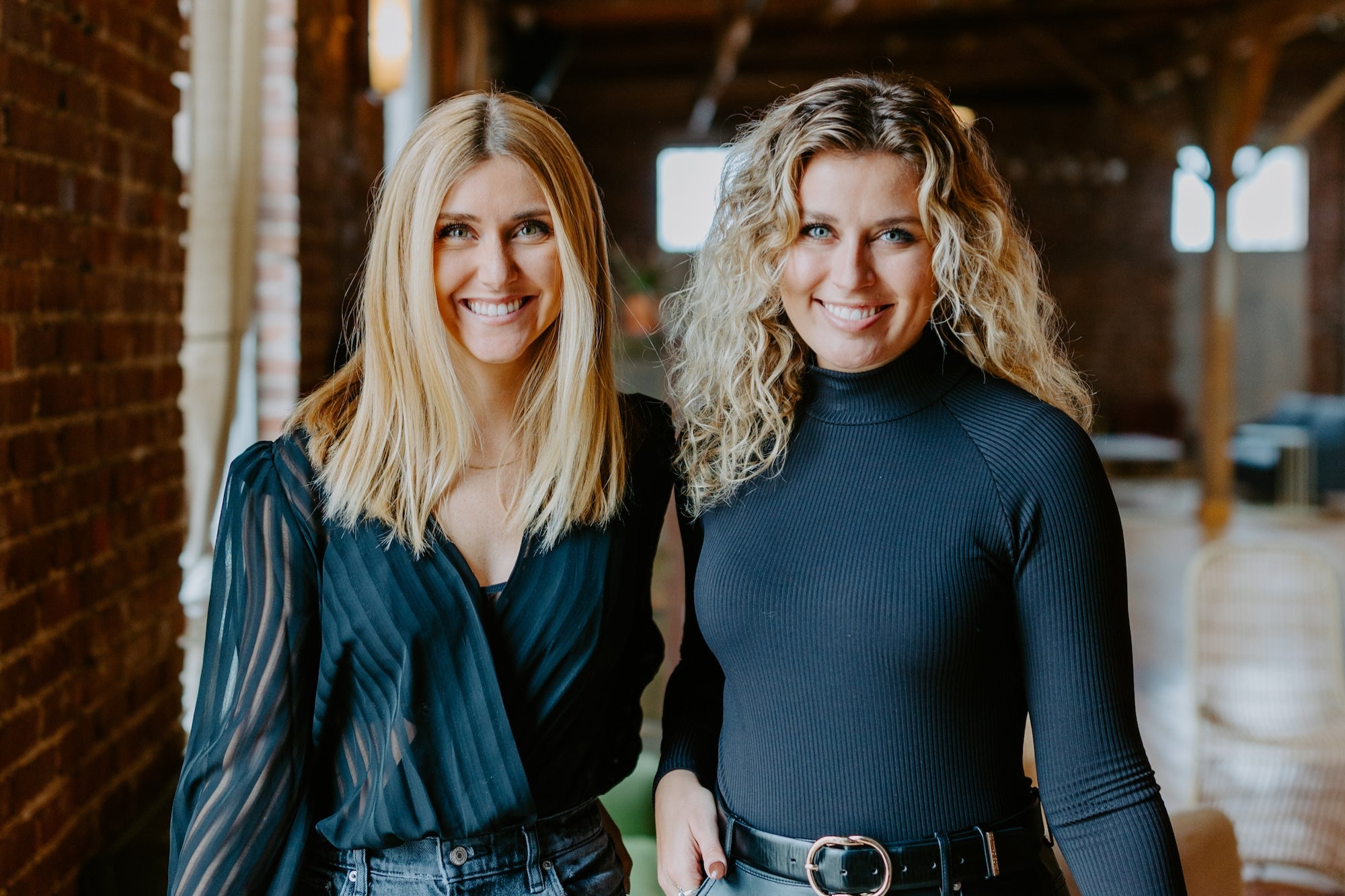Focus on Opportunity, Not Income Inequality Elected leaders are looking in the wrong place. All Americans want is equal opportunity.
By Scott Shane •

Opinions expressed by Entrepreneur contributors are their own.

America's growing income inequality has begun to concern our elected leaders. In a speech at the end of last year, President Obama called it "the defining challenge of our time."
The fraction of total income going to the wealthiest Americans has increased significantly over the past three decades. The highest earning tenth of households took home a little more than one third of all pretax income in 1982. In 2012, that group received half, research by University of California at Berkeley economist Emmanuel Saez reveals.
As startling as the numbers may seem, income inequality shouldn't trouble those in Washington. Income is an outcome – a reward for how hard people work and how clever they are. In a capitalist society, if some people work harder or smarter than others, they should earn more.
Related: The Myth of the Have-Nots
Moreover, differences in income per se don't bother most Americans. When people who start with little become rich because of their efforts, few are troubled. No Op-Eds decry the billions that WhatsApp's founder Jan Koum earned by selling his start-up to Facebook for $19 billion. Nor do they complain about the billions that Warren Buffet made picking stocks, or the hundreds of millions of dollars per year that Oprah Winfrey's takes home from her media empire. Getting from modest means to great wealth is the American dream.
Most Americans also recognize that "inequality is the other side of successful entrepreneurship," as former U.S. Treasury Secretary and Harvard University President Larry Summers has pointed out. Most Americans recognize that starting a business is risky. They understand that a few people make it big, while most people don't. Therefore, the greater income inequality among business owners than salaried workers passes without much complaint.
The real problem lies in declining opportunity for Americans to move up the socioeconomic ladder. That's where recent trends are alarming. A shrinking fraction of Americans think they have the chance to get ahead.
Related: Let's Get It Right About Tax Burden and Fair Share
Between 2001 and 2014, the share of the population that believes America affords the opportunity "to get ahead by working hard" has trended down from 76 percent to 54 percent, a recent Gallup Organization poll shows. Similarly, the Pew Research Center found that, in 1999, 74 percent of Americans agreed with the statement "most people who want to get ahead can make it if they're willing to work hard." In 2014, that percentage had declined to 60 percent.
Moreover, Americans no longer think being rich or poor depends primarily on individual effort. Back in 1964, when the Gallup Organization asked a representative sample of Americans whether "lack of effort on his or her own part or circumstances beyond his or her own control" where "more often to blame if a person is poor," only 29 percent thought poverty resulted from external forces. In 2014, a Pew Research Center/USA Today poll found that fraction had increased to 50 percent. Similarly, the share of Americans who believe that the economic system in this country is "basically unfair" since "all Americans do not have an equal opportunity to succeed" increased from 29 percent in 1998 to 44 percent in 2013, a Gallup poll revealed.
In his State of the Union address, President Obama turned from a focus on income inequality to inequality of opportunity. That shift is good news for Americans who increasingly are looking for policymakers to address the problem. Unlike income inequality, which is more problematic to Democrats than Republicans, a recent Gallup poll showed that equal fractions of Americans from both parties are unhappy with the current level of inequality of opportunity.
Related: Entrepreneurship, Not Socialism, Is the Answer to Economic Problems












